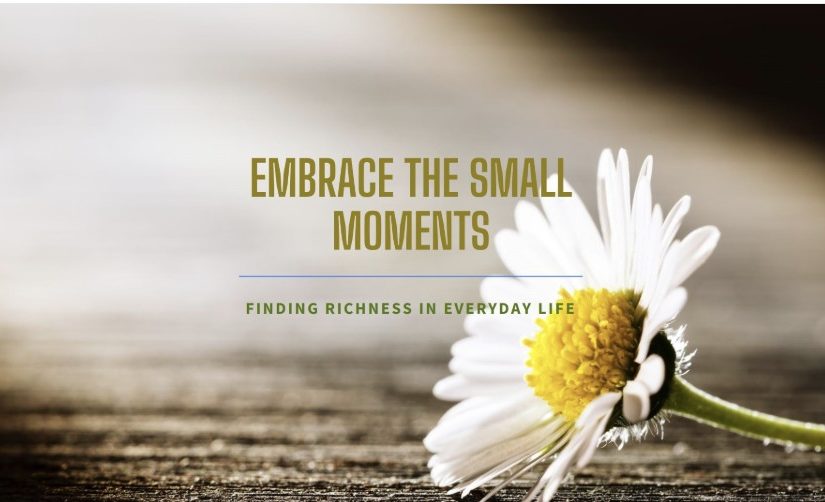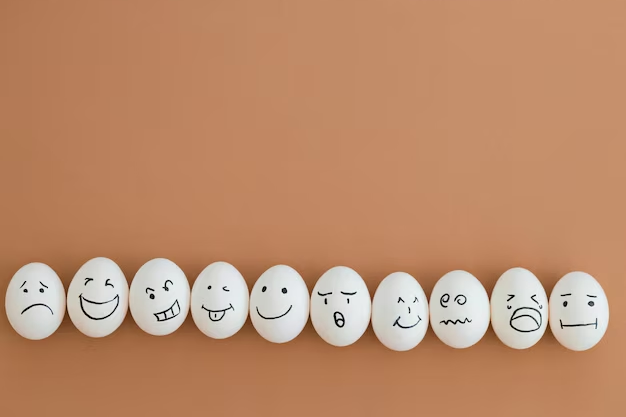The quote for this article is by Carl Hilty:
“Pay attention to the small things in the world; they make life richer and more satisfying.”
The pursuit of greatness—always striving for more, for beauty, for larger-than-life achievements—shapes the lives of many. We become so focused on reaching our goals that we often overlook everything else around us, only noticing what supports us on our path. While this focus can increase the likelihood of achieving our desired goals, the downside is that we may become so fixated on our objectives that we miss many wonderful small moments and experiences. Life becomes oriented toward the next superlative and can collapse like a house of cards when external circumstances make our goals unreachable.
Yet, the small moments and things will remain. The daisy breaking through the asphalt, the butterfly landing on our arm, or the sunlight filtering through the leaves, creating a beautiful glow—these things endure, regardless of whether we achieve our next superlative. Interestingly, it is these small moments that we remember, which enrich our lives, rather than the superlatives we attained.
When speaking with older individuals, they may recount their successes and achievements, but the smiles on their faces appear when encountering the small joys in their current lives: the sunbeam on their face after a long winter, the bubbling laughter of a small child, the puppy snuggled in their lap, or the singing of a little one who composed a song to express their joy for life.
Let us open our eyes and ears to the small things again and not always strive for the next superlative.









